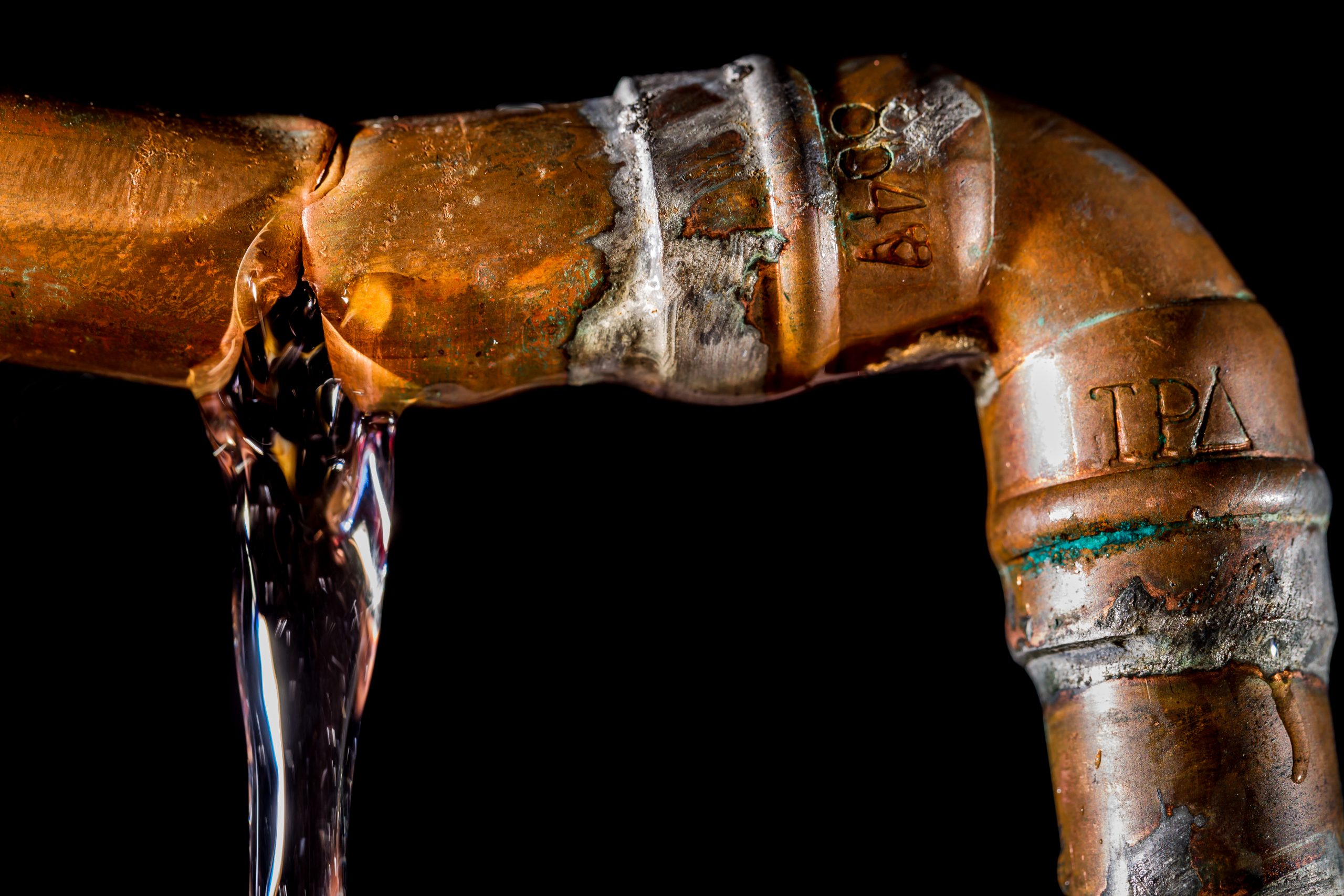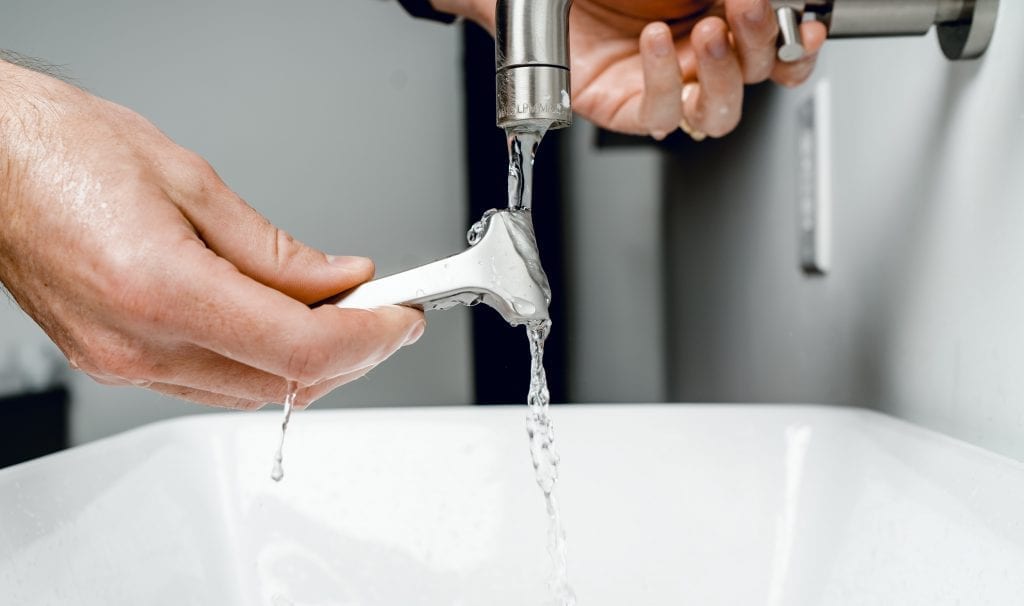Top Guide to Winterizing Pipes: 5 Hacks to Prevent Bursting in Cold Climates
Top Guide to Winterizing Pipes: 5 Hacks to Prevent Bursting in Cold Climates
Blog Article
This post below in relation to Winterizing Your Pipes is unquestionably insightful. You should investigate for yourself.

All homeowners that live in warm climates have to do their ideal to winterize their pipelines. Failure to do so can lead to catastrophe like frozen, fractured, or ruptured pipes.
Try a Hair Clothes Dryer or Heat Weapon
When your pipes are virtually freezing, your trusty hair clothes dryer or heat gun is a godsend. If the warm towels do not aid displace any settling ice in your pipes, bowling hot air directly into them might assist. Do not use other objects that produce direct flames like a blow lantern. This can cause a larger disaster that you can not control. You may wind up destructive your pipelines while trying to thaw the ice. As well as in the future, you might even wind up melting your residence. So beware!
Open Closet Doors Hiding Plumbing
When it's cool outside, it would be handy to open cupboard doors that are concealing your pipelines. They could be somewhere in your kitchen or bathroom. This will enable the warm air from your heating unit to distribute there. Therefore, you avoid these revealed pipelines from freezing. Doing this little method can keep your pipelines cozy and also limit the possibly dangerous end results of freezing temperatures.
Take Some Time to Wrap Exposed Water Lines
One easy as well as awesome hack to warm up cold pipes is to wrap them with cozy towels. You can also use pre-soaked towels in warm water, just don't fail to remember to use protective gloves to safeguard your hands from the warmth.
Activate the Faucets
When the temperature level decreases and it seems as if the icy temperature will last, it will assist to turn on your water both indoors and outdoors. This will certainly keep the water flowing via your plumbing systems. Furthermore, the movement will certainly slow down the cold procedure. Especially, there's no need to turn it on full force. You'll wind up throwing away gallons of water this way. Rather, go for about 5 declines per minute.
When Pipelines are Frozen, close Off Water
If you notice that your pipes are completely frozen or virtually nearing that stage, transform off the main water valve quickly. You will normally find this in your cellar or laundry room near the heating unit or the front wall closest to the street. Transform it off right away to prevent additional damage.
Do not neglect to shut external water resources, as well, such as your hookup for the garden house. Doing this will certainly avoid added water from filling your plumbing system. However, with even more water, even more ice will accumulate, which will ultimately bring about break pipes. It is best to call a specialist plumber for an inspection if you are not sure about the state of your pipes this winter. Taking this aggressive technique can save you hundreds of bucks in repairs.
All house owners who live in pleasant climates have to do their finest to winterize their pipelines. Failure to do so can mean calamity like icy, cracked, or ruptured pipes. If the warm towels do not assist displace any type of resolving ice in your pipes, bowling hot air directly into them might assist. Transform off the main water shutoff right away if you notice that your pipelines are entirely icy or almost nearing that phase. With more water, even more ice will certainly pile up, which will eventually lead to rupture pipes.
PREVENT YOUR PIPES FROM FREEZING THIS WINTER
A Leading Cause of Property Damage
When the weather is taking a deep nose dive into the cold dreary days, the risk of your pipes freezing and potentially bursting skyrockets. Unfortunately, during these cold dreary months, burst pipes are the most common denominator for property damage. The pipes that are most at the risk are those that are in areas where it is most cold in your home. For instance, pipes located in interior places such as basements, attics, and your garage. Unfortunately, that doesn’t mean that the pipes running through your cabinets or exterior walls can’t freeze. Good news, however, is that you can do things to help prevent pipes from freezing.
How to Prevent Pipes From Freezing
Once the temperature starts to drop during the winter, you should be taking the proper measures needed to ensure that your pipes stay warm and that there is circulation of water through them. Some steps that experts may recommend could go against your better judgement when it comes to saving water and heat. However, it would go without saying that when expenses are compared, damaged pipes could put a bigger dent in your wallet than a water bill.
What Can I Do?
Keep your garage door closed. This is very important, especially if you have water supply lines running through your garage. Open your kitchen and bathroom cabinets to allow warm air to circulate through them. Allow air circulation throughout your home. Keeping the interior doors open will once again allow the warm air to circulate inside your home. Ensure your thermostat is running the same temperature throughout the night and day. If you plan to be away from home during the cold months, set your temperature no lower than 55° F. This should provide enough heat to keep the pipes warm and prevent any remaining water inside the pipes from freezing. For more of a long-term solution, add insulation to attics, basement, and other crawl spaces around your home. By allowing your faucet to drip, it will alleviate pressure in the system. This is important because the pressure that is created between the blockage and the faucet can potentially cause the pipes to burst. Allowing the faucet to drip will prevent the pressure from building up, therefore keeping the pipes from bursting. Seal any cracks, openings, and crawl spaces around your home to prevent cold air from coming inside. This keeps your pipes-not to mention your home-warmer and less susceptible to issues caused by freezing temperatures. For the pipes in your home that are easily accessible, applying electrical tape to them might prevent them from freezing over. This is a quick fix, as you can apply the tape directly to the pipe. There are two options for heating tapes. One turns on and off by itself when it senses heat is needed. The other type of heating tape needs to be applied when heat is needed and removed when not necessary. If you have exposed pipes in your home, you can check this website to take a look at a few options that would be available at a shop near you.

I was shown that editorial on Winterizing Your Pipes from an associate on our other domain. Do you know about anybody else who is curious about the subject? Be sure share it. Thanks for your time. Visit again soon.
Free Quote Report this page